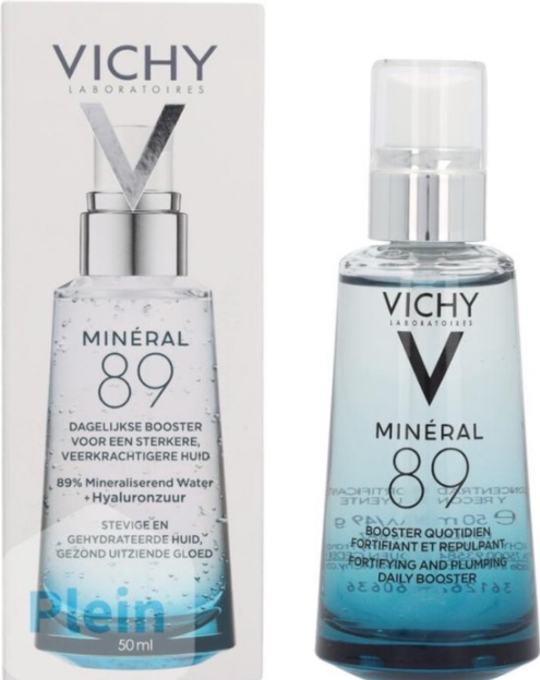Introduction
Do you think good skincare is overrated? Think again. Many men don’t think about their skin until they start having problems like pimples, dry patches, or even wrinkles.
Unfortunately, it is often already too late and they have to pull out all the stops to get the damaged skin to look presentable again.
This is a shame because it really doesn’t take much effort to keep your skin healthy — whether it’s the skin on your face or the skin on your legs, arms or chest.
“Prevention is better than cure”
Where does good skincare even begin? By knowing what skin type you have. In this guide, we will discuss different skin types and explain how you can test which type your skin corresponds to.
We’ll also discuss how you can best care for your skin type and what you can do if you already have skin problems.
Finally, we share a number of tips that are guaranteed to bring you closer to healthy skin.
How the skin works
The skin is the largest organ in the human body, and it has to endure quite a bit. Your skin is regularly heated, cooled, scraped, and burned and is continuously exposed to fine dust and dirt from the outside.
And just like how you exercise, eat healthily, and get enough sleep to keep your body healthy, your skin also needs a little extra effort to stay in shape.
A daily skincare routine can therefore help prevent many problems.
Your skin protects you against external factors. It ensures that your immune system can fight off viruses and bacteria, it regulates your body temperature and it can warn you about danger.
Through all these experiences, your skin must continuously recover. The outermost layer is a thin, first protective layer.
This epidermis protects the skin cells that continuously renew themselves starting from birth.
This epidermis is also a hotbed of dead skin cells (we will come back to that later). Under the epidermis are the dermis and the connective tissue layer.
These two layers ensure the production of collagen and make your skin elastic. This layer also contains melanocytes, which protect your skin against UV radiation.
The dermis also contains the hair roots, nerves, sweat glands and blood vessels. Those blood vessels carry the toxins out of your body.
This is an ongoing process and together these organisms ensure the functioning of your skin, but they can definitely use a little help.
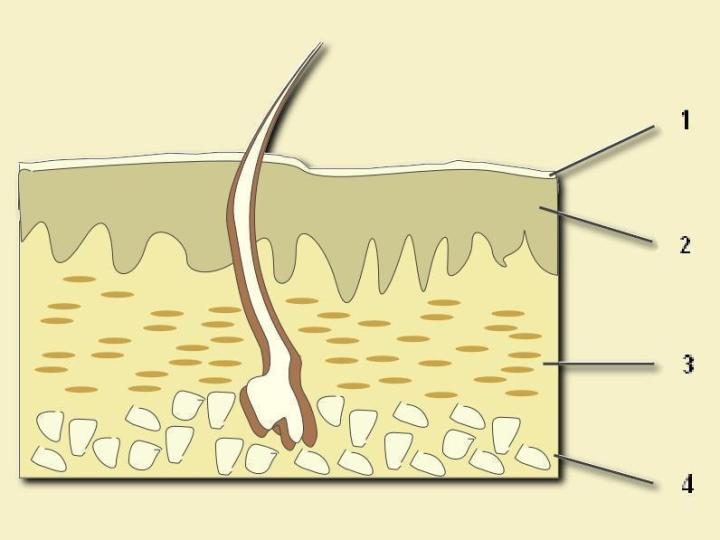
What skin type do I have?
There are four different skin types and most people will have a combination of two types. Your skin type can change depending on stress, age, and season.
When you know what skin type you have, you can buy products that are specifically tailored to your skin type.
Cleansers, scrubs, and moisturizers always come in different varieties, so be careful not to mix them up accidentally.
The four skin types:
- Normal skin
- Oily skin
- Dry and sensitive skin
- Combination of two skin types
Not sure what skin type you have? You can do a smell test! Clean your face in the evening with a soap-free cleanser and do not use any creams or other remedies. The next morning, press a paper towel tight against your forehead and nose.
Here are the indications of each skin type:
Normal skin: If the paper stays clean and does not become greasy. Your skin is likely to be firm with small pores and plenty of elasticity.
Your skin does not feel greasy during the day and is not sensitive or tight after shaving. You have virtually no problems with pimples and acne.
Oily skin: If the paper has greasy patches and your nose and cheeks have a mild glow. Oily skin is often firmer in structure and less sensitive to chemicals.
The pores are medium to large, so you regularly suffer from acne, blemishes, and blackheads. The advantage of this skin type is that you are less likely to get lots of wrinkles. Your skin has a natural glow.
Possible causes of oily skin:
- Imbalanced hormones
- Humid climate
- Nutrition
- Genetic predisposition
Dry and sensitive skin: if the paper stays dry, but your skin feels tight and sensitive. Your skin is thin, feels rough and it’s somewhat flaky/peeling.
Your small pores makes it look like your skin is smooth, but that makes it more prone to wrinkles.
Possible causes of dry and sensitive skin:
- The sebaceous glands do not send enough natural oils to the epidermis
- Genetic predisposition
- Vitamin A and vitamin B deficiency
- Eczema
- Allergic reaction to a care product
- Overexposure to a cold and dry climate, especially in winter
Combination of skin types: the T-zone on your face, or forehead, nose, and chin, is oily. Your cheeks and jawline, on the other hand, are dry. During the day the T-zone becomes extra greasy.
Aging skin: Your skin is starting to show wrinkles and signs of aging. This process is accelerated by overexposure to UV radiation without protection. Read more under prevention.
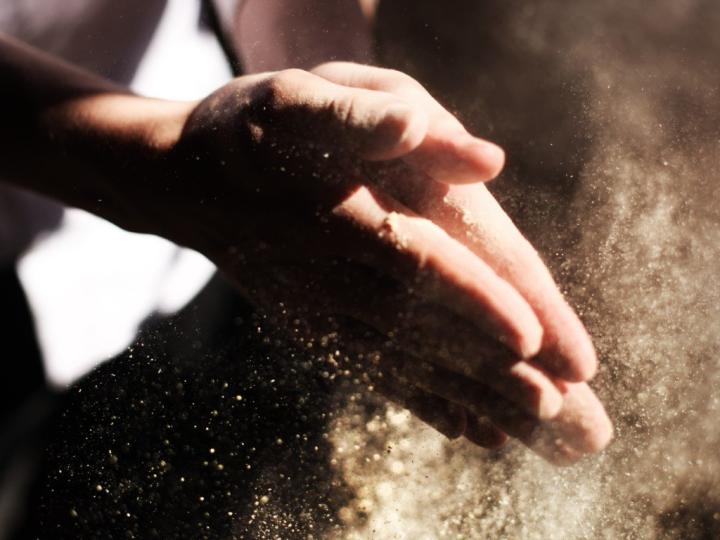
How can I best take care of my skin?
Cleanse, exfoliate and moisturize: These three actions are common to every skincare regimen, but that doesn’t mean that you should follow them thoughtlessly.
Always use cleansers, scrubs, and lotions that are fit for your skin type. The skin type for which a product is intended is always stated on the packaging.
Incidentally, it’s definitely not true that men with beards can get away with anything. Care is also important for them.
After all, healthy skin with a good moisture balance ensures optimal beard growth and a beautiful shine in the beard.
1. Cleansing
During the day, all kinds of waste products, such as particulate matter and exhaust gas, penetrate deep into your pores.
The cleaner your skin is before you go to sleep, the better your pores can expel these waste products while you sleep.
How to cleanse your skin
- Open your pores by taking a hot shower, steaming your face (have your face above a bowl with hot water so the steam goes to your face), or by wetting your skin with warm water.
- Rub the appropriate facial cleanser gently on your face in circles.
- Rinse with cool water. This closes your pores and gives you a fresh feel.
- Pat your skin dry.
- After this cleansing process, you should have a clean feeling.
Note: if your skin feels tight, you probably have dry skin. This ultimately leads to excess sebum production, because the skin’s repair mechanism comes into action.
Cleaning Tips/Don’t:
- Wash your face with regular soap. Those ingredients are not made for the delicate skin on your face.
- Do you have oily skin? Then cleansing once a day is sufficient. If you clean it more often, the sebaceous glands will produce excess oil. The result? Extra oily skin.
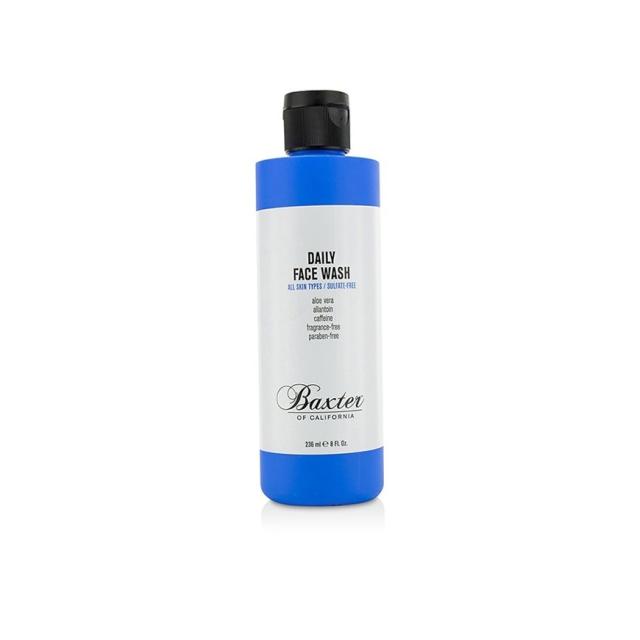
Consider using a daily face wash product for all skin types.
2. Scrubbing (exfoliating)
When you exfoliate, you’re essentially removing dead skin cells. This helps revitalize healthy skin cells.
Dirt that is deeper in your pores is also removed, allowing the pores to “breathe” better.
This ultimately ensures less inflammation under the skin, such as pimples.
How do you exfoliate your skin?
- Similar to cleansing, exfoliating works best when your pores are open, so warm your skin with lukewarm water or a towel first.
- Gently rub the scrub over your face, body, or the area you want to shave.
- Pay extra attention to your nose and forehead because that’s where most of the dead skin cells and clogged pores are.
- Next, rinse the scrub off with cool water and pat your face dry.
- Do not scrub more than twice a week, and certainly no more than three times a week and no more than once a day (see below the best routine for your skin type).
Tips for exfoliating
- Exfoliate before shaving. Hair has a tendency to grow in and cause inflammation. Exfoliating before shaving reduces the risk of this happening. It also provides a closer shave.
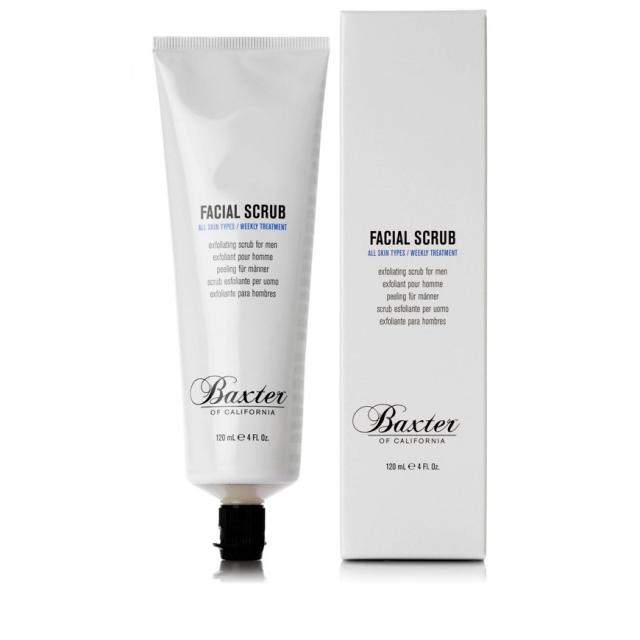
Consider using a facial scrub product for all skin types.
3. Moisturize
Apply a moisturizing cream to protect your skin from drying out during the day.
In the long run, this ensures elasticity and stronger skin and helps delay skin aging.
As you get older, you produce less collagen or connective tissues. As a result, your skin cells retain less moisture, so it’s important to start hydrating early.
How do you moisturize your skin?
- Apply the moisturizer or day cream after washing or exfoliating and after patting your face dry.
- Get every area on your face: forehead, nose, cheeks, jawline, and neck. The skin under your eyes is very sensitive, so handle it with care.
- Check that you have used the same amount of cream everywhere. That doesn’t have to be much, just so you know.
- Give the cream time to absorb properly.
Tips for moisturizing
- Men with oily skin should moisturize so that the sebaceous glands do not fire up and cause even oilier skin.
- Does your skin get drier at the end of the day? Then lightly apply the cream again.
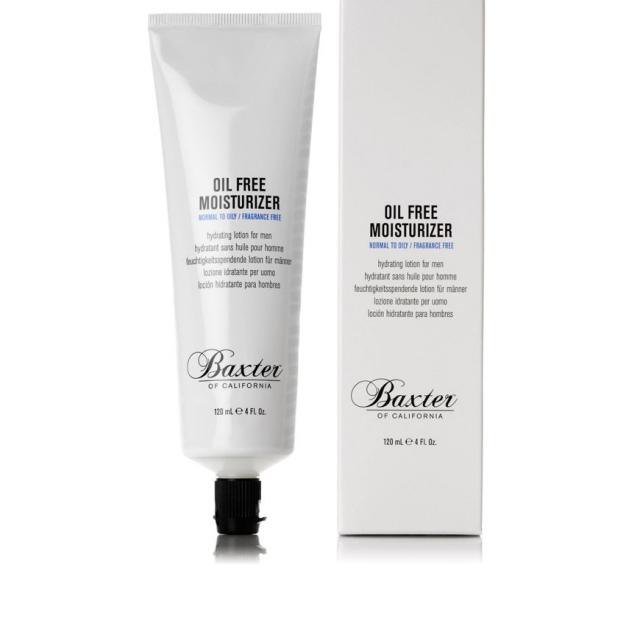
→ Must read: Skin-care moisturizer for men
Skincare tips
The sun is both your friend and your enemy. A “healthy” color is lovely, but the UV radiation from the sun will cause your skin to dry out and age early.
Do you still want a tan? Then don’t be too eager and don’t try to color your skin within a few days.
In addition to cleansing, exfoliating, and moisturizing, you can use a moisturizer with added SPF on sunny days. SPF (Sun Protection Factor) stands for the period that you can be in the sun longer than when you do not use SPF.
So an SPF of 15 means that you can stay in the sun 150 minutes longer than usual. You should know though, the cream will not protect you one hundred percent, so look at it merely as a tool, not a complete solution. Make sure to clean your face well in the evening, because these creams contain a lot of chemicals.
→ Read more: Our in-depth guide to skincare for men
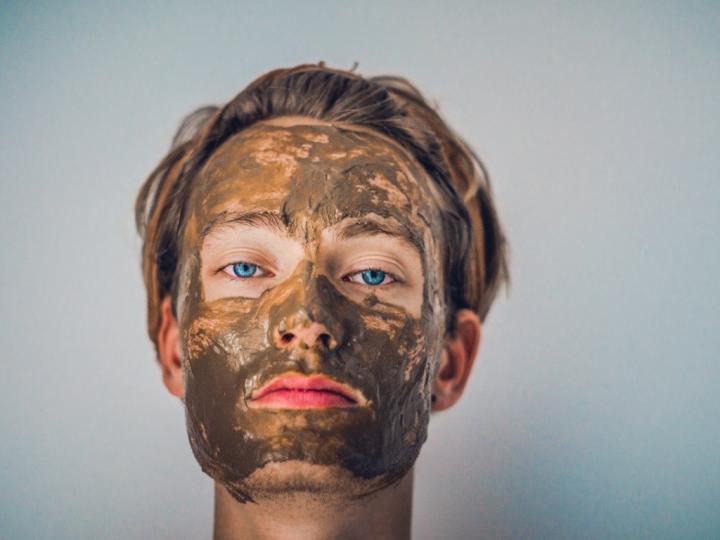
Dark circles? Use eye cream.
Dark circles are the result of too little sleep. There are small blood vessels under the thin skin around your eyes.
The flow of blood is more difficult there, so blood cells accumulate in the skin around these blood vessels.
While you sleep, your body tries to break down these blood cells, but that’s difficult if you sleep too little, hence the blue circles around your eyes after a bad night.
During the day the circles fade as your blood circulation becomes more active again. Caffeine in eye creams stimulates circulation and drainage, making the circles disappear faster.
→ Read more: What you can do against dark circles under your eyes
Wrinkles or aging skin? Use anti-aging cream.
There is no magical ingredient against the natural aging process of your skin.
That said, you can keep your skin healthy and fresh as you get older. Because your body initiates recovery processes at night, it’s best to apply anti-wrinkle cream before going to sleep.
Skincare for acne-prone skin
Acne can vary greatly from person to person and it’s always best to have a professional take a look at it. You should contact your doctor if you suffer from acne.
If necessary, he will then refer you to a dermatologist. One thing is for sure, most miracle remedies will not work.
What does help is a good diet, an active lifestyle, and balanced hormones. And a visit to the dermatologist, if needed.
The history of skincare
People have been striving for healthy skin since ancient times. The Romans regularly immersed themselves in baths, where they massaged their skin with oils to stimulate blood circulation.
The Egyptians used kohl, a mixture of ash, copper, and almonds, to accentuate their eyes.
And Cleopatra regularly dipped into a bath of donkey’s milk to soften her skin.
Those first skincare rituals started a few thousand years ago.
Our ancestors used natural ingredients such as olive oil, sesame seeds, and flower petals to create aromatic creams to combat skin aging.
The desire for beautiful, clean, and healthy skin is therefore deeply rooted, and today, the skincare industry is booming. During the financial crisis in 2008, sales figures in this market actually increased, while the rest of the economy suffered badly.
Summary
The skin is a living organism that needs nutrition to stay healthy and vitalized.
But because these days we are exposed to external factors that human skin isn’t equipped to deal with, you should take extra good care of your skin.
A personalized skincare routine is the best thing you can do for the health of your skin in the long run.
Such a skincare routine is not complicated, but it must be followed consistently if you want to experience the long-term benefits.
Before you start, you need to know what skin type you have so that you can be sure you are applying the right products on your face and body.
It’s important to keep an eye on the three steps: cleansing, exfoliating and moisturizing.
Prevention is also better than cure, so make sure you drink enough water, follow a balanced diet, and get plenty of sports and exercise.
We hope this guide has given you new insights and inspired you to get started with a good skincare routine. It’s never too late, so good luck!
Top 5 best skincare products for men
Now that you know how the skin works and what your skin type is, you can start building a healthy routine.
The brands below’s products are formulated with high-quality ingredients and are considered the best per skin type.
Best face wash all round (all skin types)

Best face wash for sensitive men’s skin
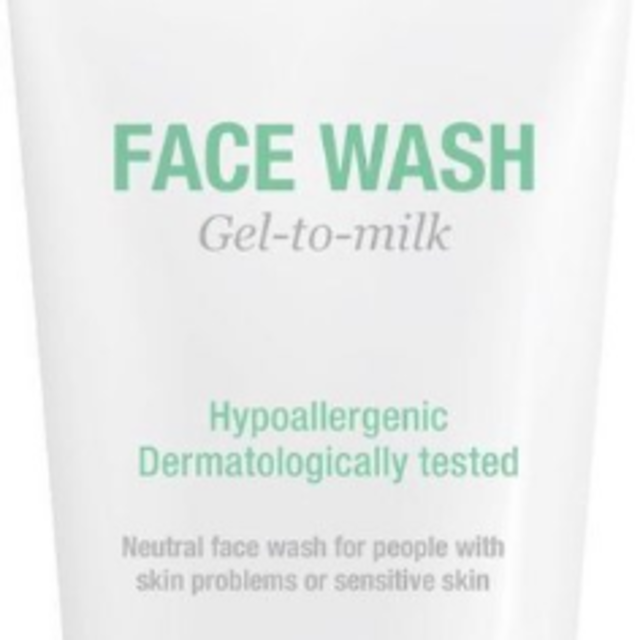
Best face cream for oily skin
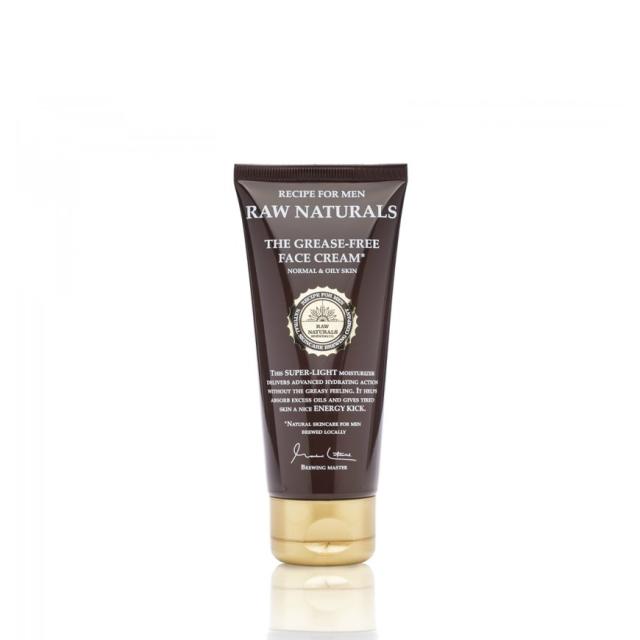
Best anti-aging face cream
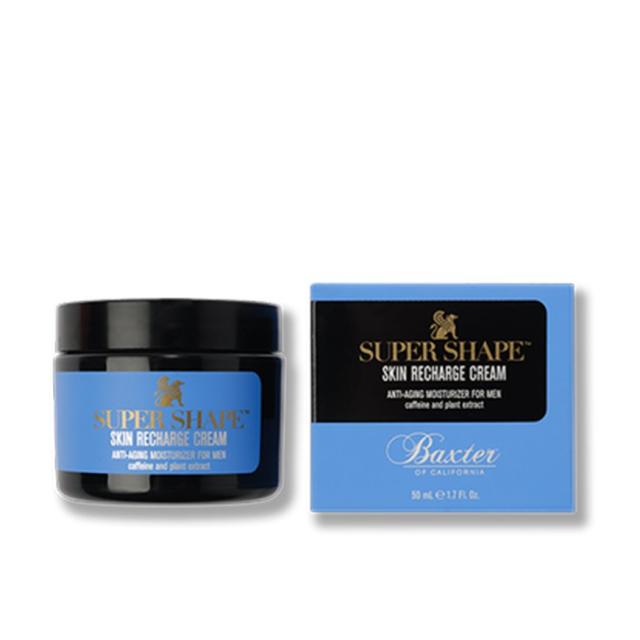
Best serum for healthy skin
